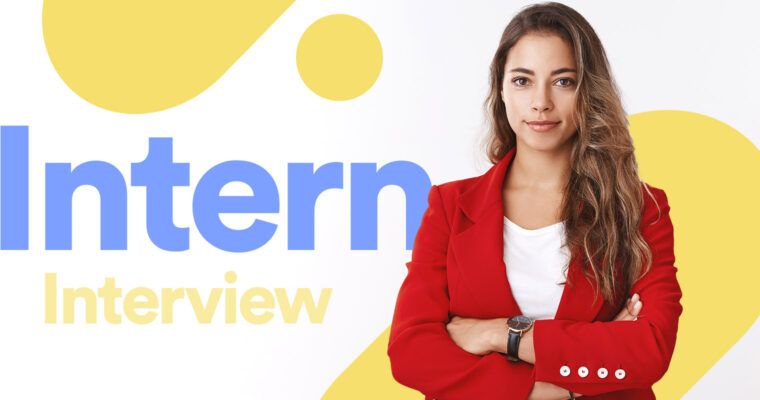
You’ve scheduled the interview. You’ve printed extra copies of your résumé. You’ve researched the company’s site, and maybe even researched some employees on LinkedIn. But are you really prepared?
For many people, interviews are intimidating. A life-changing opportunity is based on an hour or two of answering a stranger’s questions. At the end comes the final query: “Do you have any questions for me?”
It’s tempting to say no, especially when your brain feels like a pile of mush after so much talking. However, you should always have questions to ask. Not only will it make you look more prepared—it will help you determine whether or not the opportunity is truly right for you.
Here are career experts’ and hiring managers’ greatest tips and tricks to nailing that final question by turning the tables and performing an interview of your own.
1 “Why is this position being filled?”
This one comes from Laura Handrick, Workplace Analyst with FitSmallBusiness.com. According to Laura, “This question allows you to understand if the company is growing, the prior employee was promoted, or whether there’s high turnover. Their answer regarding the reason for the position being filled can provide you insight as to whether there’s growth opportunity and a positive culture, a bad manager, or a culture with a high level of churn and dissatisfaction.”
While this one might seem awkward to ask, the answer can help give you an idea of the culture without directly asking about it.
2 “What would you expect me to accomplish in this job, and what does success look like in this role?”
Tammy Perkins, Chief People Officer with Fjuri Group suggests these questions as a way to gain insight into the job, the people on the team and the expectations they have. They’re both open-ended, meaning you’ll most likely receive more valuable input than if you were to ask a yes-or-no question. It can also give you insight into whether expectations are ideal for your skillset or unrealistic, which is much better to find out before you receive an offer letter, additional interview, etc.
3 “What are the core values of the company?”
“A great place to start is by asking about the organization’s core values. In a positive company culture, everyone can identify what the core values are and what they mean. This now provides you with a great opportunity to share how those values resonate with you on a personal level—something that’s likely to score big points with your interviewer,” says Piyush Patel, author of Lead Your Tribe, Love Your Work.
4 “What’s the culture like here on a day-to-day basis?”
Interviewers are expecting this question, and will most likely give a thorough, positive answer. However, Stuart Ridge of VitaMedica recommends having some follow-up questions ready in case their answer to this question is a little vague. “What’s the formality of the office culture? What’s the flexibility of the work schedule? What’s the management style? What are some of the development opportunities available to employees?” These questions are incredibly important to some people when interviewing, so make sure to ask before it’s too late. Plus, it shows that you’re actively invested and interested in the position.
However, if you ask this, you may want to pair it with questions two or five so they don’t think you’re too focused on what you can get from the company versus what you can offer them.
🆕 We teamed up with @Grammarly to bring you all the expert info you need to write a stellar résumé. Read our free eBook here: https://t.co/bnXGU4aGDS #résumé #jobsearch pic.twitter.com/MYC86mSEe1
— Glassdoor (@Glassdoor) July 5, 2018
5 “How did you come to be here, and how long have you been here?”
This is a different question from all of the others, as it’s not directly about you or the company, though it can help you gain insight into the latter. Ridge explains that this question serves two purposes.
“Asking for personal stories builds a rapport and connection with your interviewer, as people love to talk about their experience and knowledge.” The more personal and interested you appear in your interview, the better impression you’ll leave.
Ridge goes on to say that “Personal insight will also give you a more honest view into the company culture: You will be able to tell right away if the person loves their work, or if they are struggling to find positive things to say.” The difference between a glowing recommendation and hesitation is obvious.
6 “What are the skills and attributes you value most in someone being hired for this position?“
This is a safe question, as you’ve already listed your own skills and experiences before, so it shows that you’re still engaged and interested in what they’re looking for. Perkins recommends asking this question as it “gives you a sense of what the manager values most—is it tactical execution, strategy and what types of skills they reward?“ Do those values align with yours? Or are they opposites?
Now you have a solid list of questions to keep in your mind, or even write down in a notebook, you can walk into your next interview with confidence. Remember: the company should be trying to impress you just as much as you’re trying to impress them.
A version of this post originally appeared on Glassdoor’s blog.






